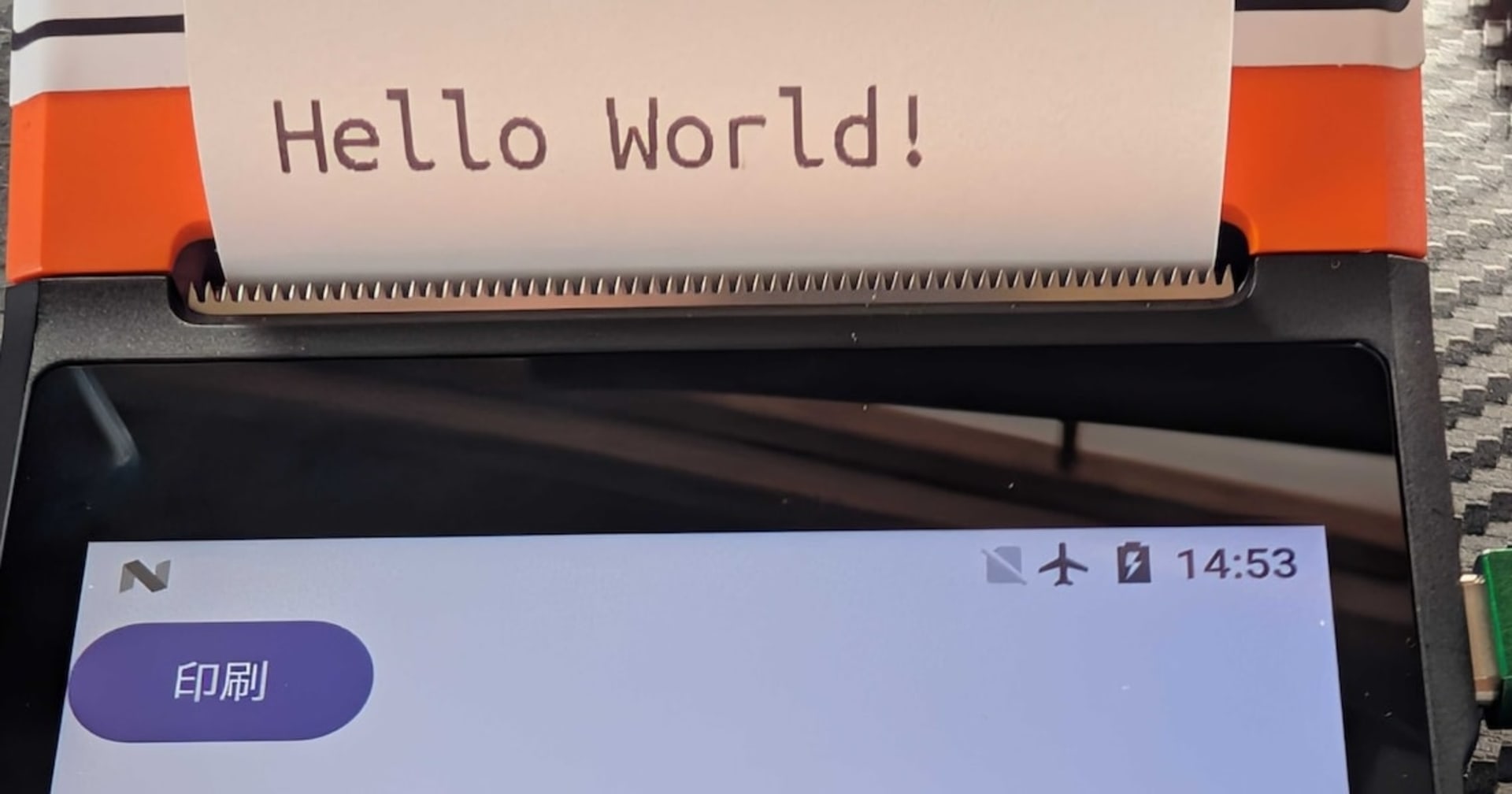![[毎日Kotlin] Day23. Collections Introduction](https://devio2023-media.developers.io/wp-content/uploads/2016/05/kotlin-1.0.png)
[毎日Kotlin] Day23. Collections Introduction
この記事は公開されてから1年以上経過しています。情報が古い可能性がありますので、ご注意ください。
はじめに
毎日Kotlinシリーズです。
このシリーズを初めての方はこちらです。「毎日Kotlin」はじめました | Developers.IO
問題
今日からコレクションの扱い方を学んでいきます。
This part was inspired by GS Collections Kata.
Default collections in Kotlin are Java collections, but there are lots of useful extension functions for them. For example, operations that transform a collection to another one, starting with 'to': toSet or toList.
Implement an extension function Shop.getSetOfCustomers(). The class Shop and all related classes can be found at Shop.kt.
fun Shop.getSetOfCustomers(): Set<Customer> = TODO()
data class Shop(val name: String, val customers: List<Customer>)
data class Customer(val name: String, val city: City, val orders: List<Order>) {
override fun toString() = "$name from ${city.name}"
}
data class Order(val products: List<Product>, val isDelivered: Boolean)
data class Product(val name: String, val price: Double) {
override fun toString() = "'$name' for $price"
}
data class City(val name: String) {
override fun toString() = name
}
狙い
ここで考えて欲しい問題の意図はなんだろうか?
コレクションの扱いの導入編です。Javaのクラスは使いつつもインターフェイスで縛ってあったり、変換の拡張関数が増えていて便利になっていたりします。
解答例
fun Shop.getSetOfCustomers(): Set<Customer> = customers.toSet()
Shopの拡張関数でCustomersをSet型で吐き出します。
data class Shop(val name: String, val customers: List<Customer>)
Shopのcustomersはval customers: List
List -> Set に変換するメソッドがすでに用意されてあるのでcustomers.toSet()となります。
あとがき
Day24.でまたお会いしましょう。









